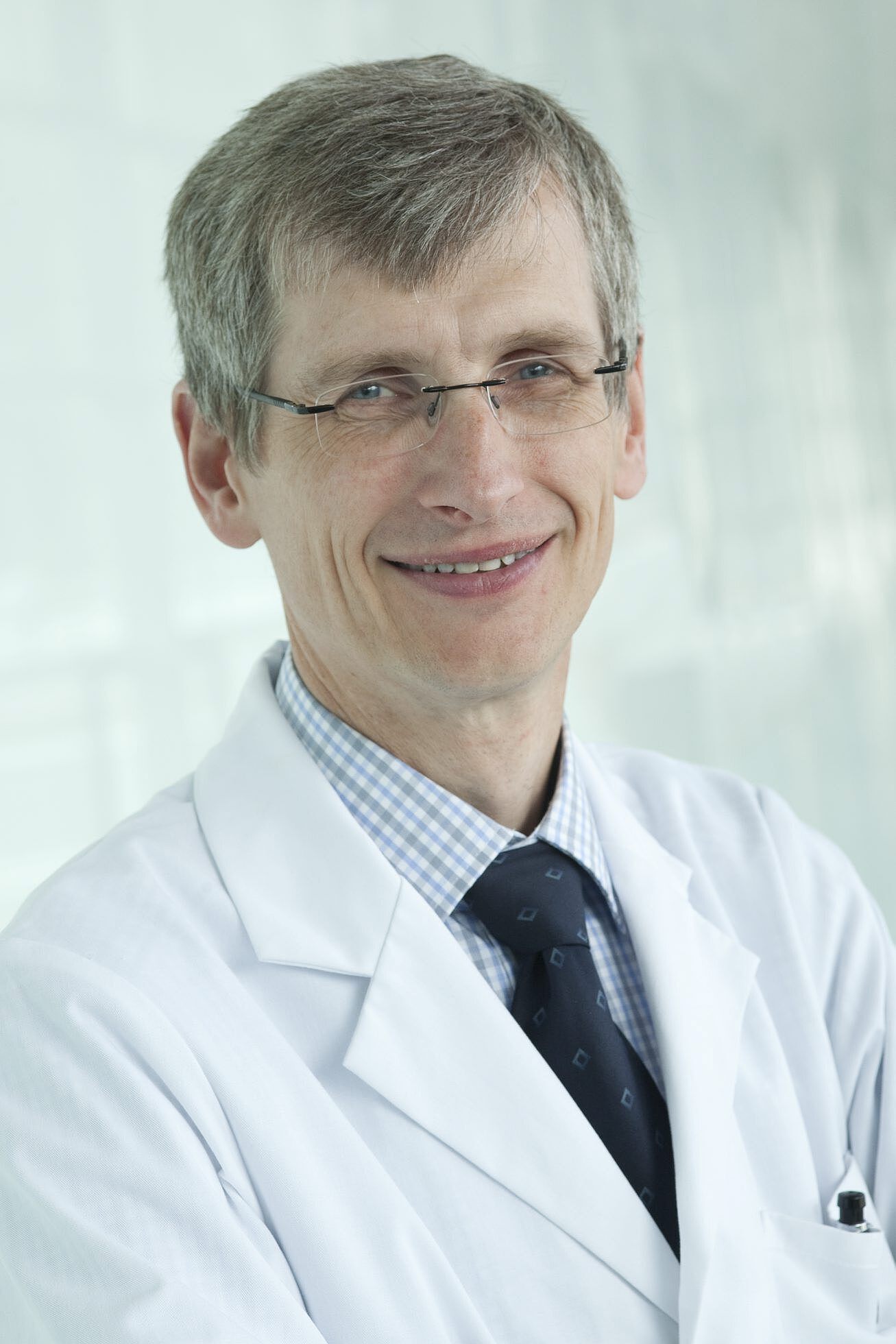
Cancer represents one of the deadliest diseases of our century. Tumor cells are characterized by the ability to grow uncontrollably, change their shape, acquire invasive properties and to spread through the blood stream to other parts of the body where they form metastases. Our lab is committed to investigate various aspects of tumorigenesis and tumor progression of pancreatic cancer (PDAC) and aims at characterizing the role of crucial signaling pathways controlled by several protein kinases.
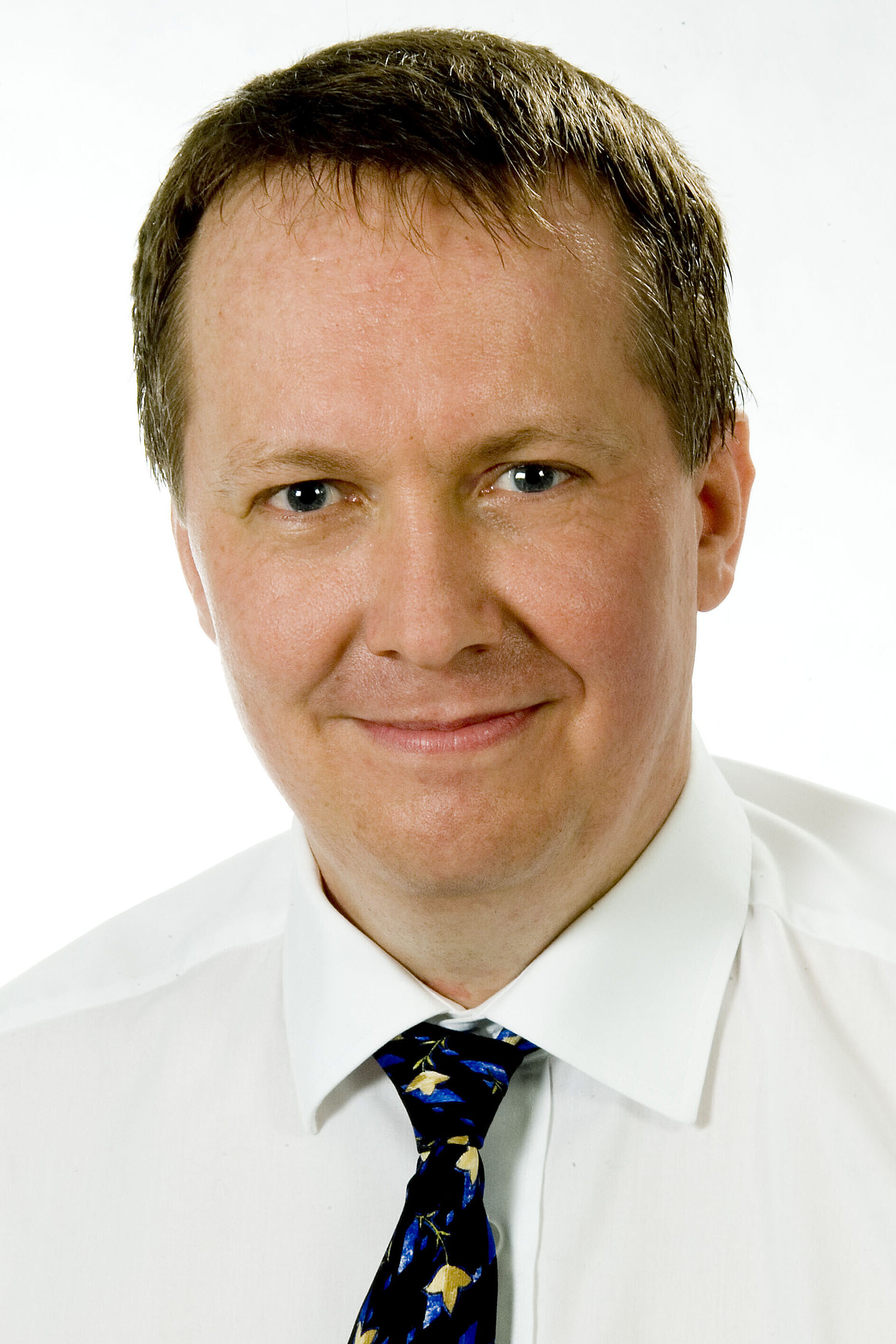
The rapid development of molecular biology has given rise to an increasing demand in computational and mathematical approaches to analyze and understand the resulting data. In particular, advanced methods from Bioinformatics are required to extract and investigate the essential information from high-throughput experiments, such as microarrays or Next Generation Sequencing. The emerging field of Systems Biology provides formal approaches to modeling and simulating regulatory processes in biological systems.
The research of our group is at the interface of computer science, statistics and life sciences and covers the following main aspects:
- Statistical and data mining approaches for high-throughput data, with an emphasis on feature selection, classification and clustering
- Modeling, simulation and analysis of regulatory networks, in particular ODE and Boolean approaches
- Visualization and functional annotation

Inflammation is a known major driver of tumorigenesis. Within the cell inflammatory processes are largely controlled by the IKK/NF-kappaB signal transduction system. We study the contribution of canonical and alternative NF-kappaB activation on development and progression of pancreatic ductal adenocarcinoma. We analyze this using genetically modified mice that allow the tissue-specific regulation of these pathways.
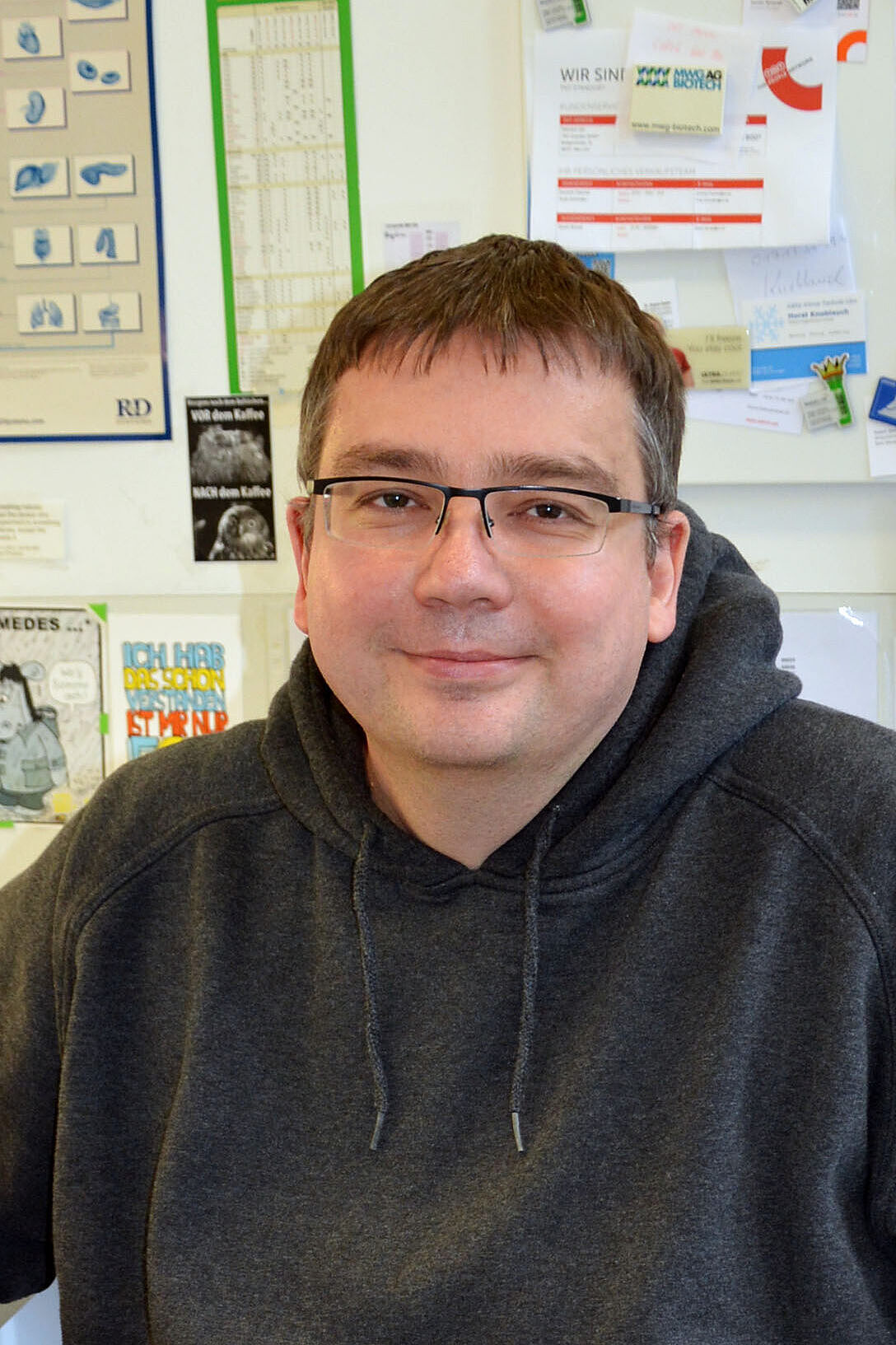
Our group is investigating how serine/threonine kinases of the Protein kinase D (PKD) family drive PDAC tumor evolution and metastasis. We aim to elucidate the role of PKDs in different modes of actin-regulated cell motility that exert major effects on tumor cell invasion. In addition, we are investigating secretion processes of cancer-relevant cargos, e.g. matrix metalloproteinases (MMPs) controlling matrix degradation and angiogenesis. We focus on unraveling molecular mechanisms involved in the formation and progression of tumors using state of the art in vitro and in vivo tumor models as well as quantitative cell biology and advanced biophysical approaches.
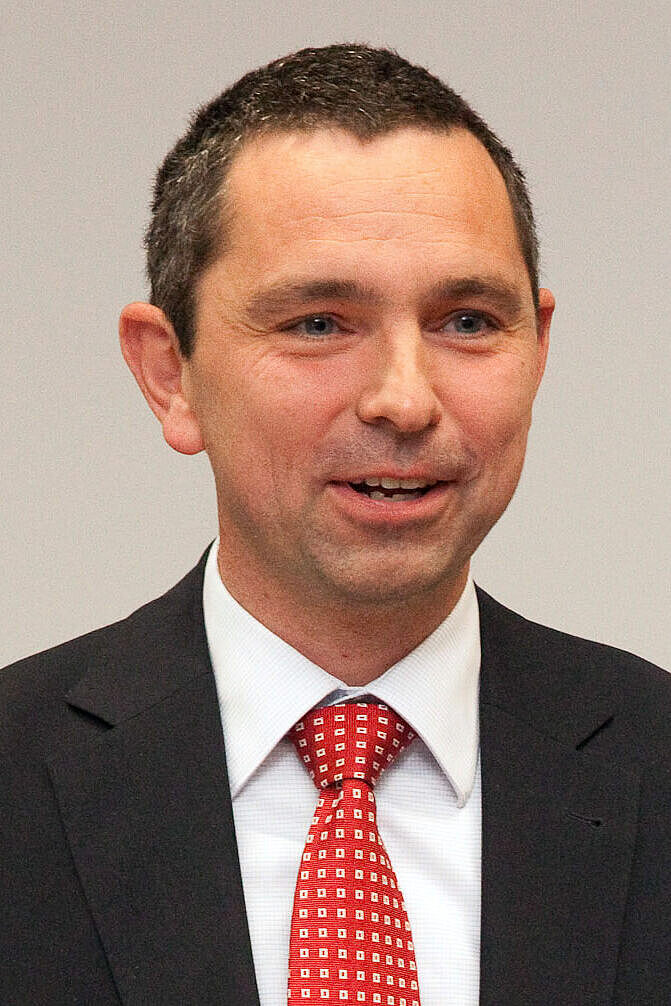
The Kühl lab is interested in characterizing intracellular signal transduction pathways during development and aging. This involves the biochemical characterization of individual components of signal transduction pathways and the identification of their in vivo functions. Together with the group of Hans Kestler (Institute of Medical System Biology) we also are interested to characterize complex signal transduction networks and gene regulatory networks.
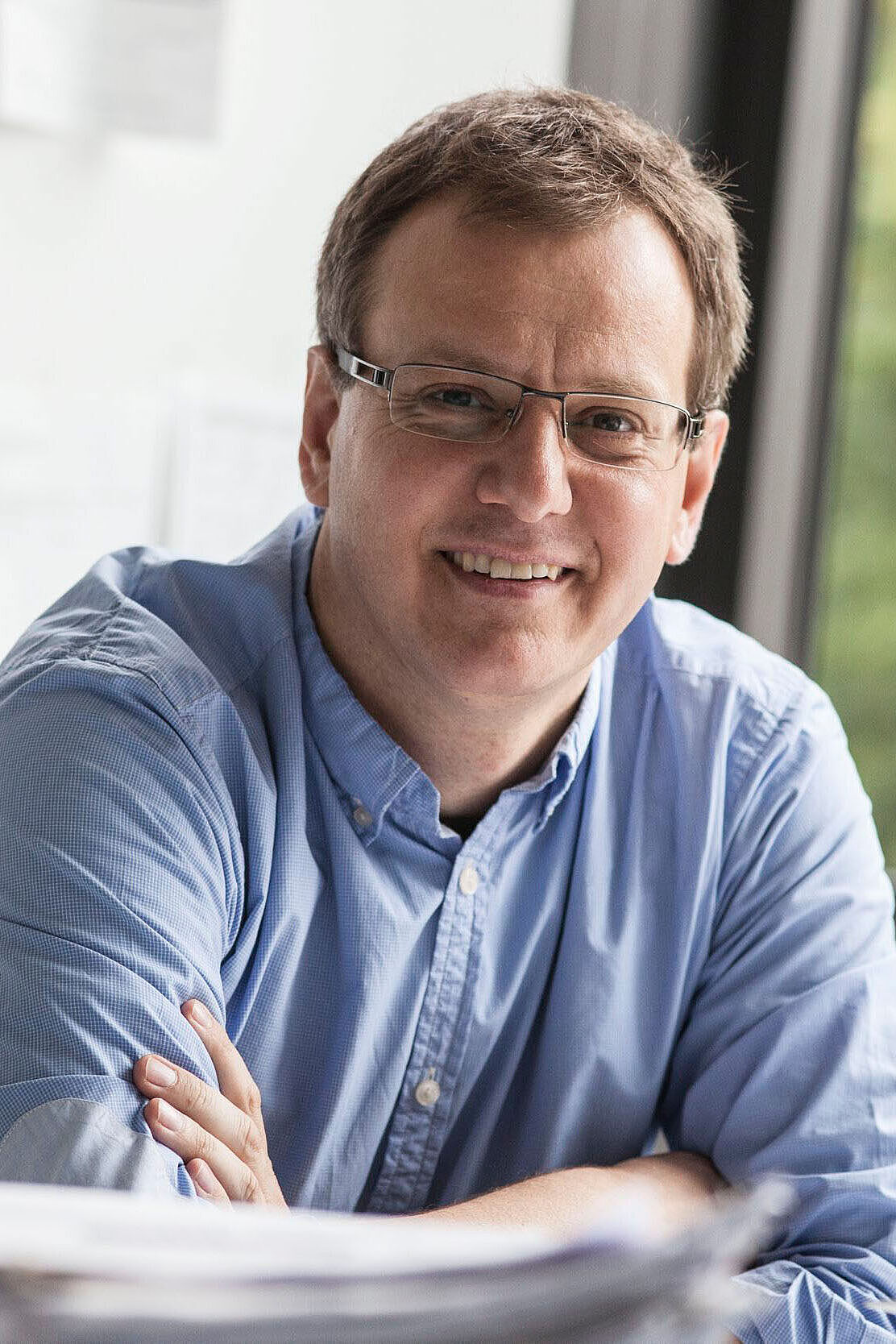
Adult stem cells are a powerful source in tissue regeneration as well as in cancer. How adult stem cells are regulated in health, disease and aging is still not very well understood. What contribution has the stem cell itself to changes in its phenotype, or is the niche the driving force? How do normal stem cell become malignant stem cells? Is aging of stem cells a common theme, and can we develop, based on our knowledge, pathways that revert aging? Can we attenuate the steps that lead from a normal to a malignant stem cell? Where reside stem cells and why? These are questions we would like to find answers for in the Geiger lab.
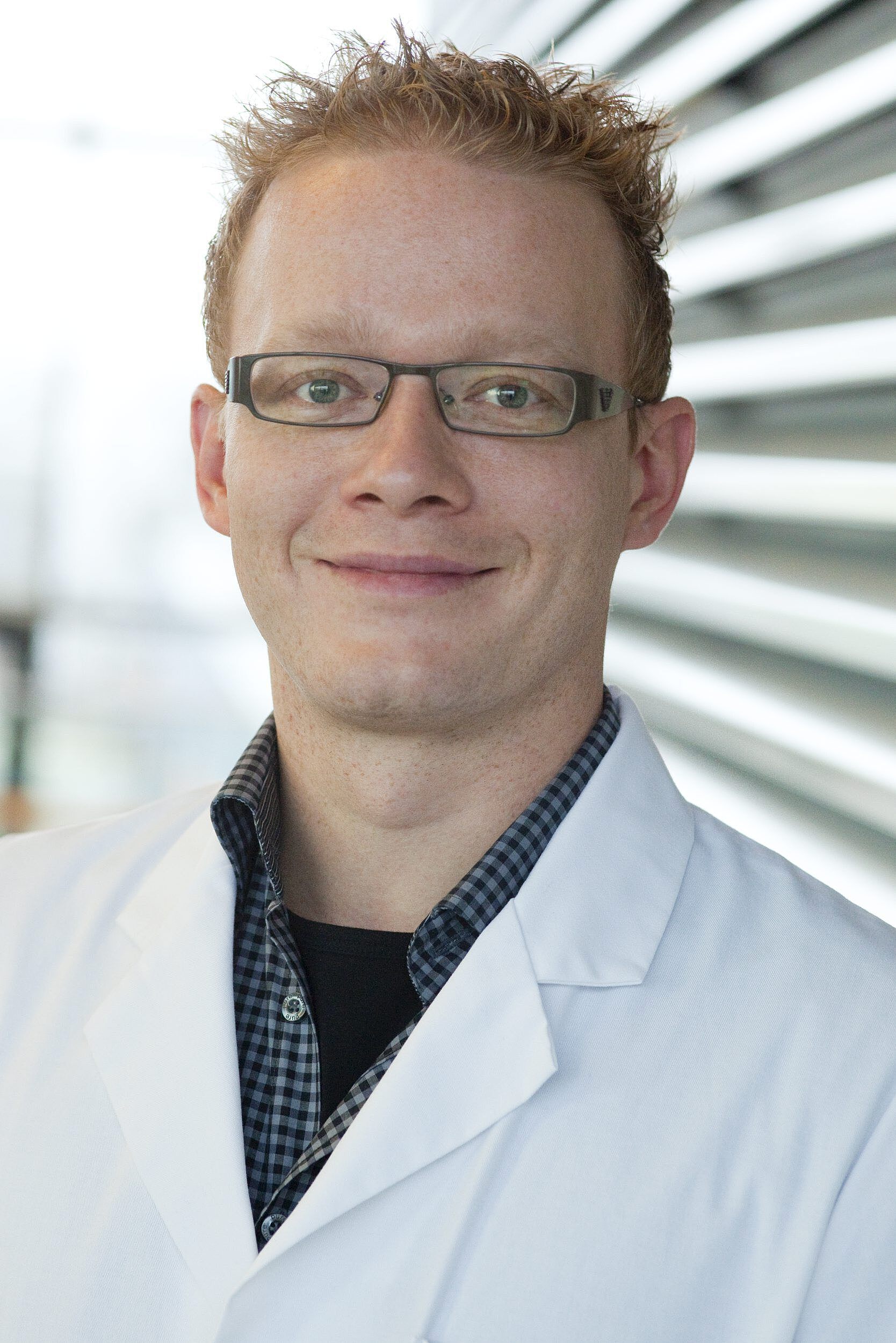
Re-activation of genetic programs from early development is a hallmark of cancer. Developmental programs enable patterning events by cellular movements to specific embryo parts. “Stemness” gene networks and signaling cascades regulating embryonic patterning (e.g. Nodal, Hedgehog, ATM) are overexpressed/re-activated during pancreatic tumorigenesis and suggest a hierarchy within tumours. Indeed, a cellular hierarchy has been demonstrated by the identification of cancer stem cells (CSCs), a subpopulation of tumour cells with stem cell features that drive tumour initiation, metastasis, and therapy resistance. Targeting these CSCs by inhibiting key regulatory networks has been demonstrated to be a successful approach to improve therapy in pancreatic cancer. Within HEIST we aim to demonstrate a functional link between embryonic development, tumourigenesis, and CSCs via regulation of the Dickkopf family member Dkk3, discovered in a functional genomics approach during cellular reprogramming.
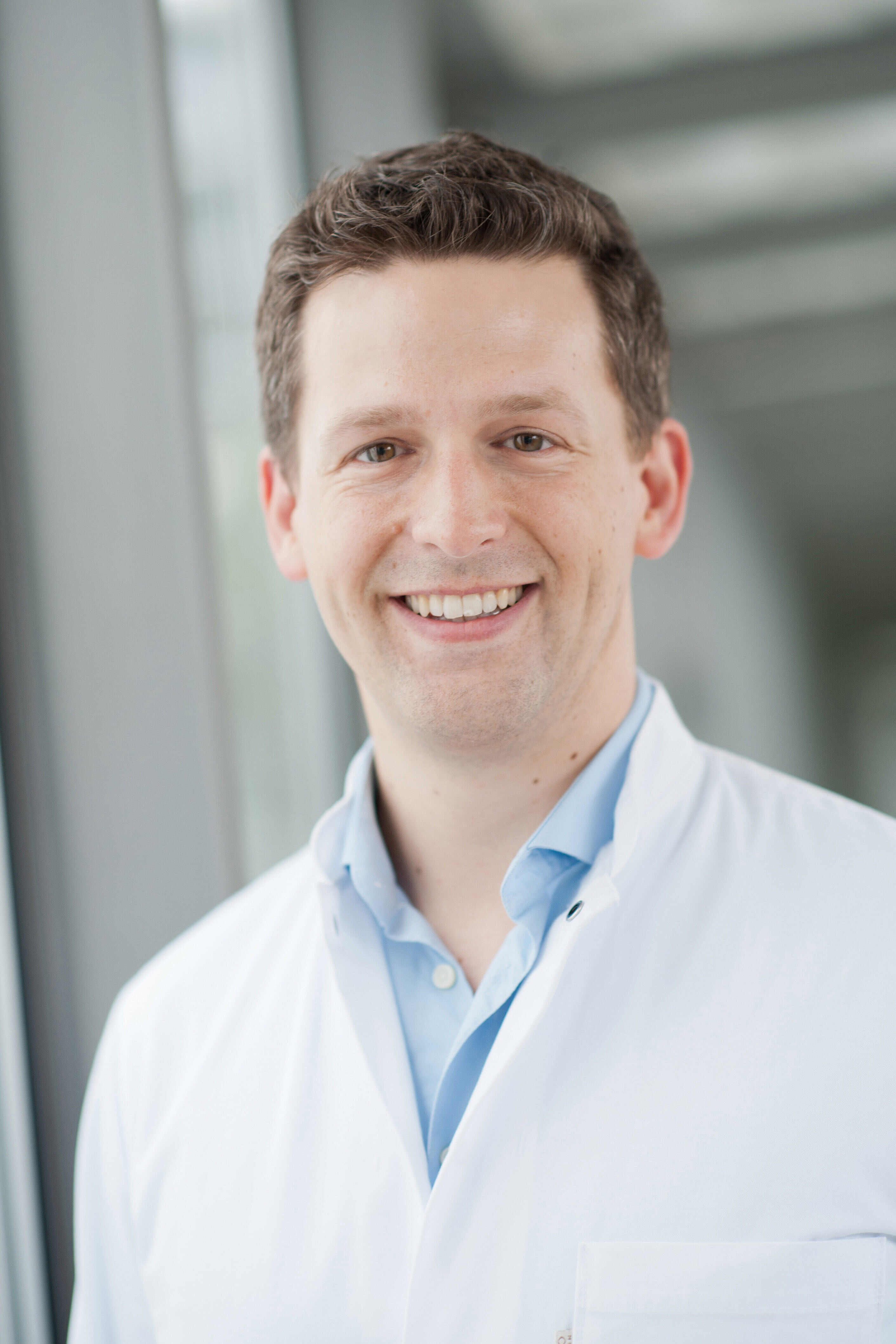
Cancer stem cells (CSCs), also known as tumor-initiating cells are a distinct subset of cells within a tumor that share features with stem cells. We have demonstrated previously that these cells play an outstanding role in the malignant progression, chemoresistance, metastasis, and relapse of solid tumors.
In the Stem Cells & Cancer Group, we study CSCs in gastrointestinal tumors, primarily in pancreatic ductal adenocarcinoma (PDAC). We are specifically interested in:
·the identification and characterization of new biomarkers for the detection of CSCs
·the identification and regulation of proteins and signaling pathways that govern key CSC phenotypes, such as stemness, epithelial to mesenchymal transition (EMT), metastasis, and chemoresistance.
·a deeper understanding of CSC-specific features to develop new targeted therapies against pancreatic cancer
·mechanisms of metastasis and therapy resistance
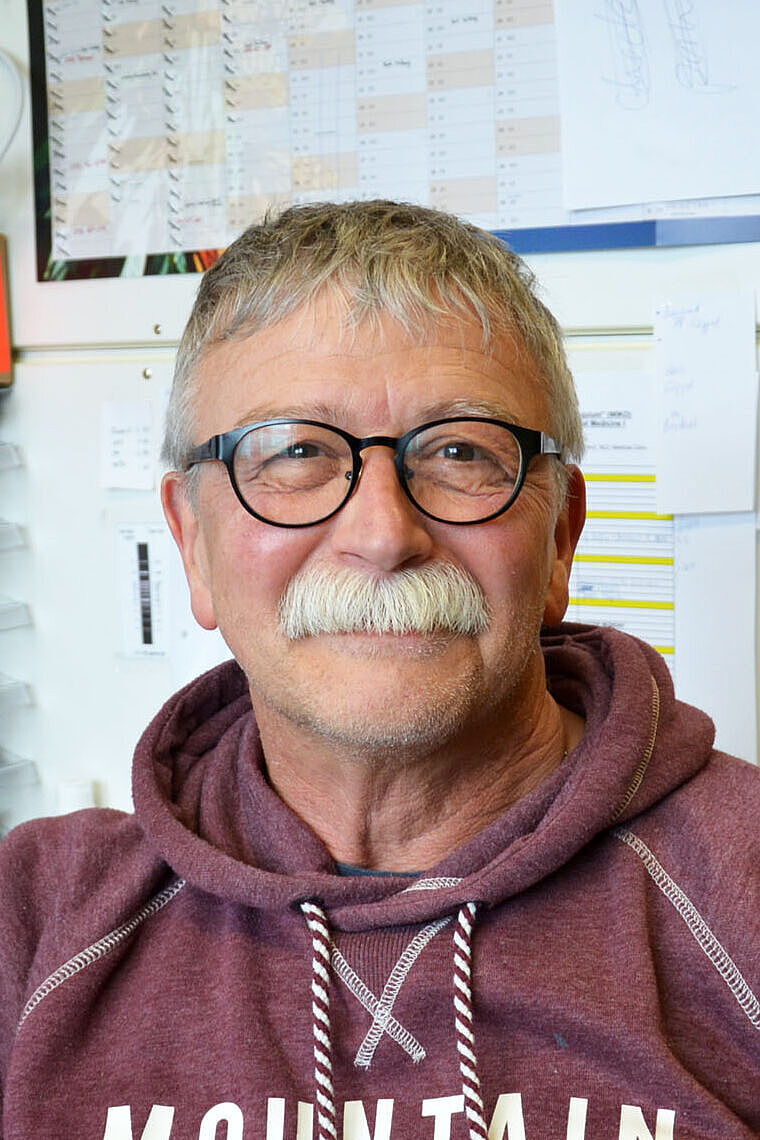
Many vaccines are designed to prime multi-specific CD8 T cell responses, because the cellular immune system mediates protective immunity to many intracellular pathogens and tumours.
We have established novel DNA- protein- and peptide-based vaccination strategies to induce CD8 T cell responses against viral, tumor and ´self´ antigens in different mouse models. In particular, we designed antigens that target endogenous “helper” molecules (endogenous adjuvant) and thereby facilitate priming of cellular and humoral immune responses under difficult conditions.
Our main Topics are:
1. Exploring immune modulating strategies to restore antiviral effector functions of intrahepatic CD8 T cells in Hepatitis B transgenic mice
2. Design of novel vaccination strategies in preclinical mouse tumor models (pancreas, liver tumors)
3. Preclinical mouse models of type 1 diabetes: Aim induction of insulin-specific FoxP3+ T reg cells
4. Enhancing and restoring immune function of the aged immune system by rejuvenating LT-HSCs
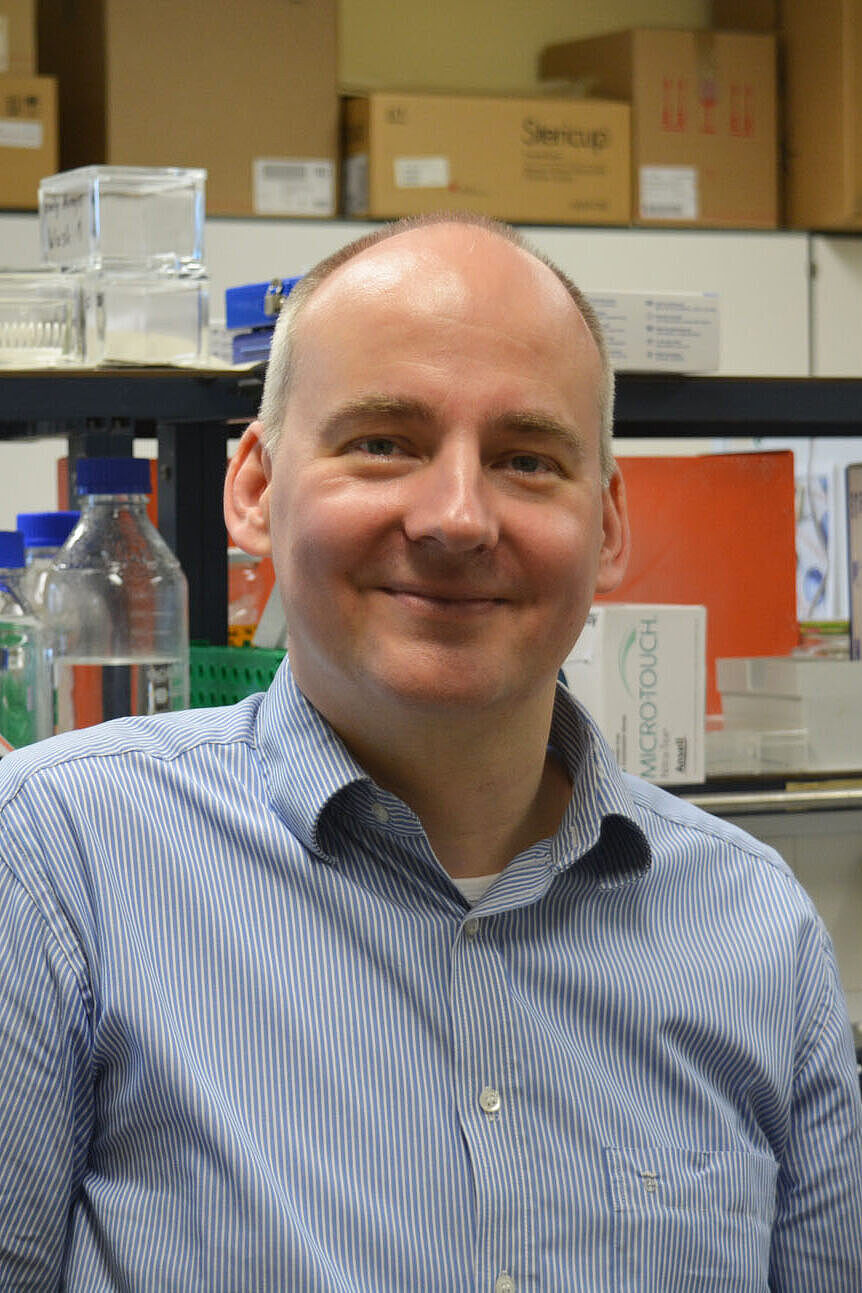
My working group is embedded in the Department of Internal Medicine I. We are interested in liver tumor differentiation. Primary liver cancer is the sixth most common cancer type worldwide and the second leading cause of cancer induced death. Liver cancer consist of different tumor entities with different characteristics. The main types are hepatocellular carcinoma and intrahepatic cholangiocarcinoma. In general liver cancer is a very heterogeneous tumor type, several signaling pathways can be affected and several aberrations are known, but not well characterized. A better understanding of the involved factors is needed for the treatment of liver cancer. For this purpose we establish transgenic models which highlights the key risk factors and aberrations of human liver cancer to identity the driving elements responsible for tumor development and differentiation.
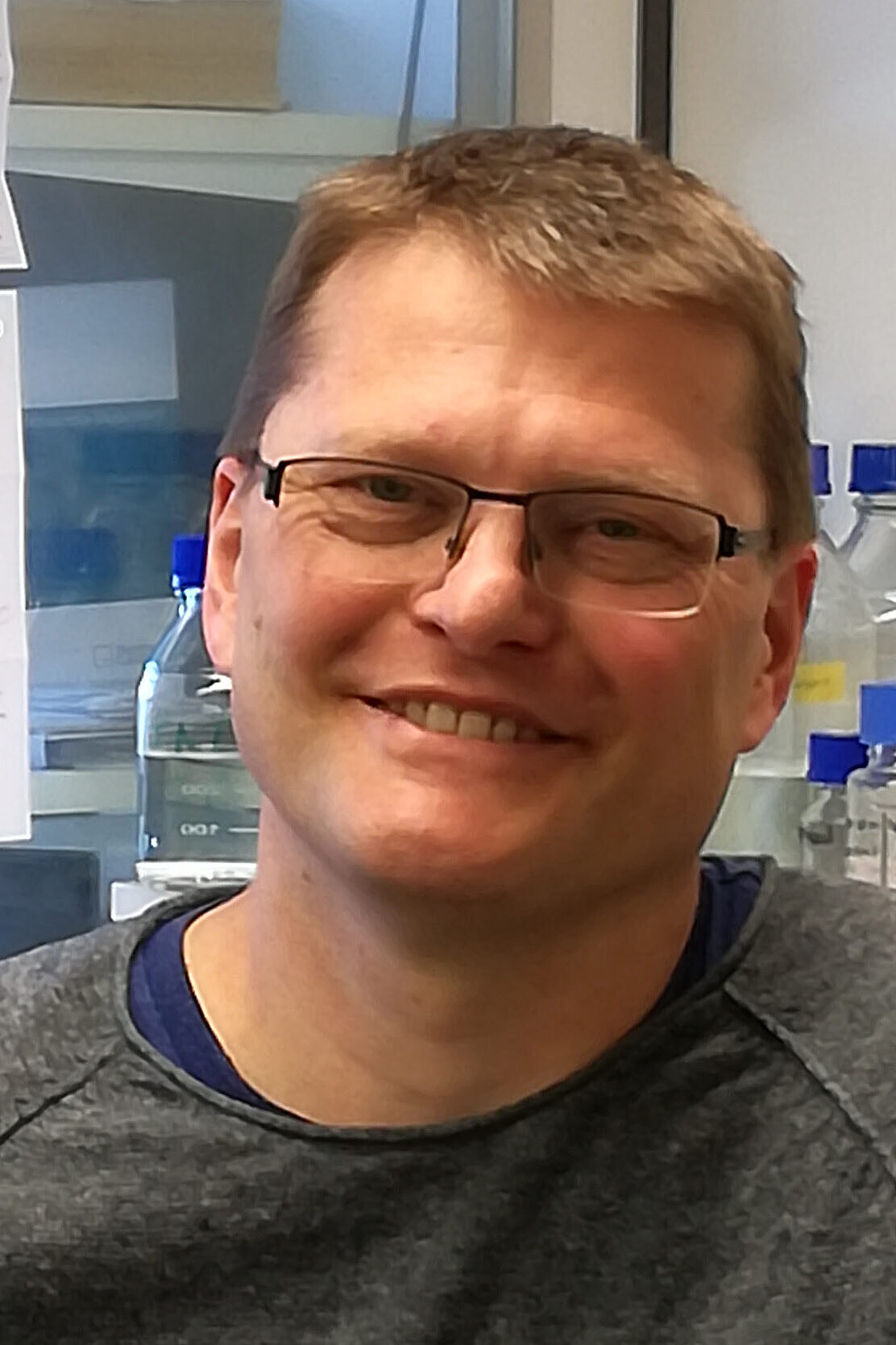
Our group is focusing on the molecular basis of tumorigenesis. For this, we analyze various signaling pathways involved in the development of B cell lymphoma, prostate or lung cancer like the JAK/STAT, androgen receptor or the NF-kappaB signaling. Another focus of our research is the analysis of tumor heterogeneity as a basis for precision therapy. Here, the determination of mutation profiles in recurrent lung cancers resistant to chemotherapy is in the center of our interests.
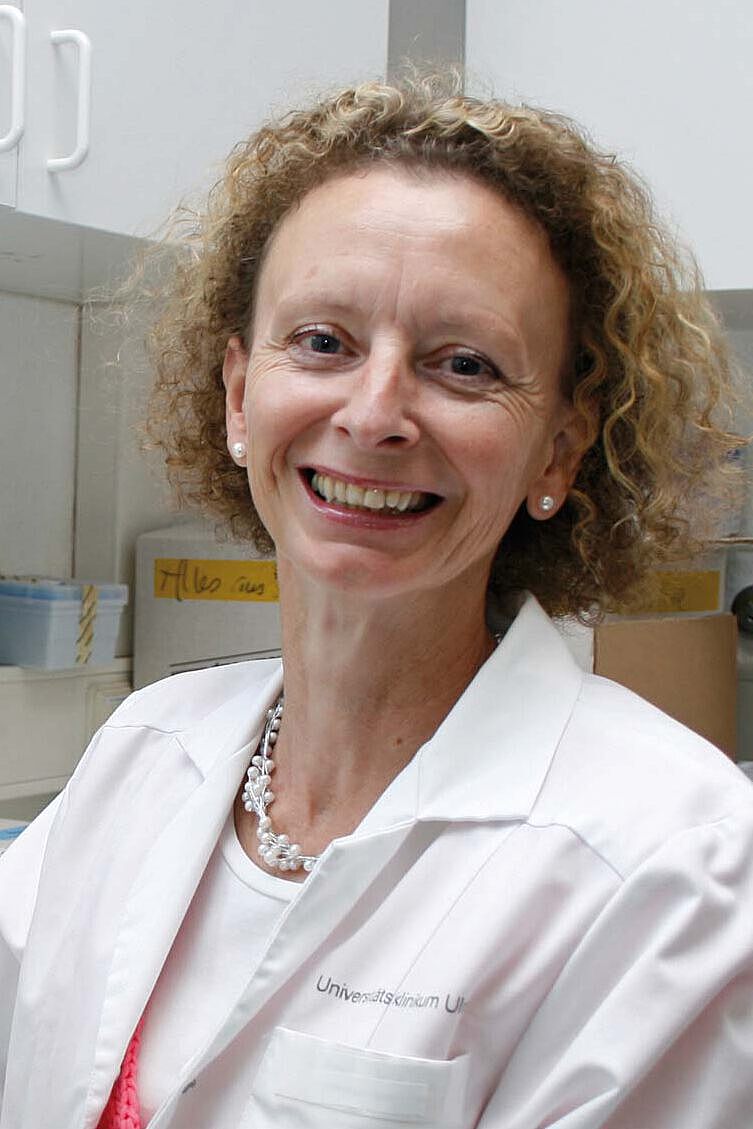
Our laboratory has established assay systems for DNA repair, recombination and replication stress response mechanisms in immortalized and primary cells from different organs. Accordingly, we carved out a functional signature indicating a shift to mutagenic DNA repair in cells from patients with hereditary predisposition and aggressive breast tumor characteristics. Importantly, DNA repair and replication phenotypes capture synthetic lethal interactions with PARP inhibition and impact on responsiveness to classical chemotherapeutic agents.
Parallel research activities address chromosomal rearrangements in the MLL gene causing therapy-induced acute myeloid leukemia at extremely high frequencies. Here, we characterize the molecular mechanism underlying therapy-induced MLL breakage and rearrangements and search compounds protecting against these leukemia-associated processes.
Screening approaches and dissection of molecular mechanisms carved out novel pathways, most recently, a damage tolerance pathway that requires the combined function of the translesion synthesis DNA polymerase and non-canonical roles of p53. The proposed mechanism elucidates how p53 protects quickly growing cells like transplanted hematopoietic stem and progenitor cells and tumor cells against replication stress.
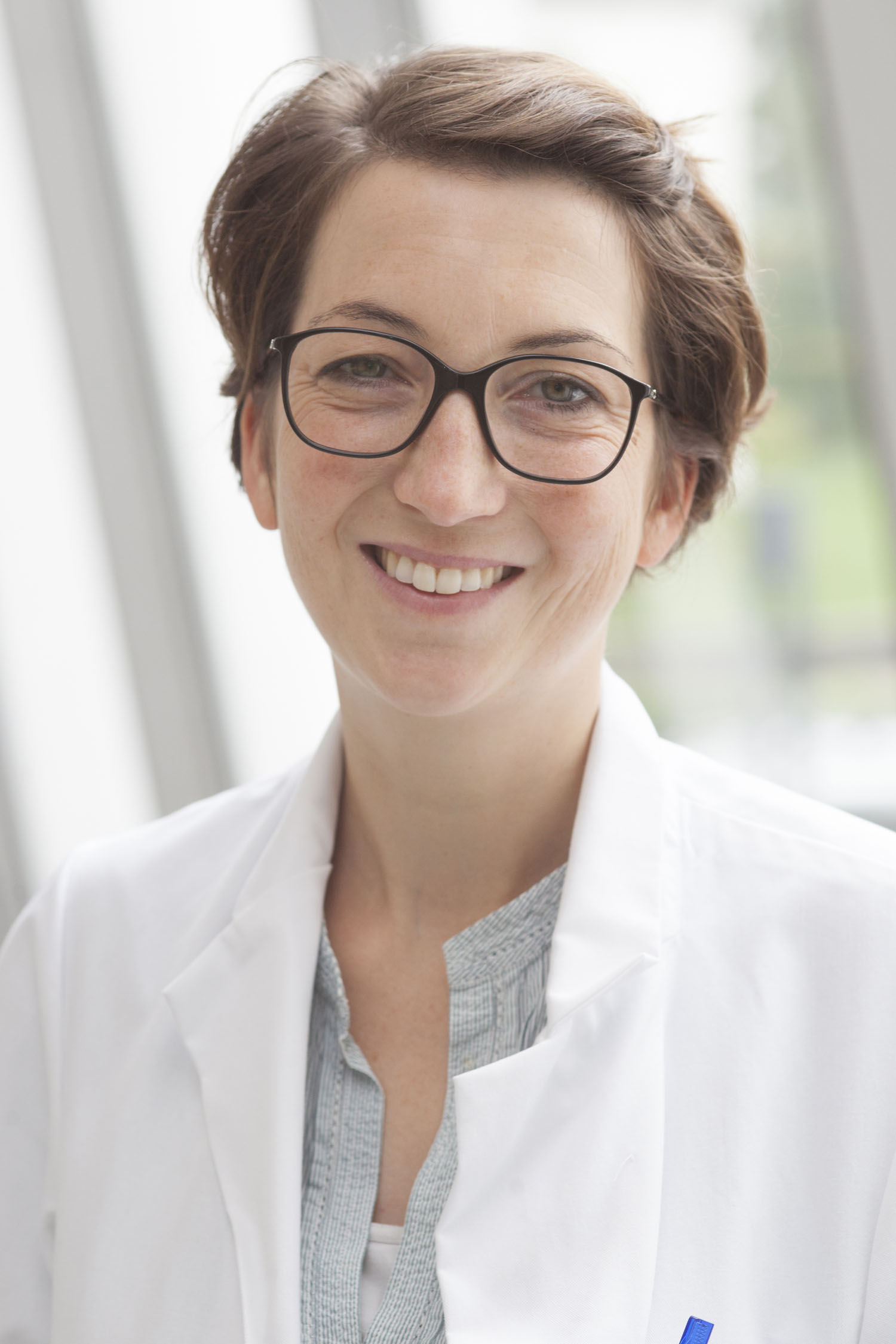
Dr. Miriam Deniz is physician at the department of gynecology and obstetrics. Her research focuses on translational approaches to identify functional signatures on the basis of DNA repair activities associated with cancer. Together with her team she found highly significant increases of error-prone DNA repair mechanisms in women with familial risk for breast and ovarian cancer as well as in patients with early-onset breast cancer in prospective case-control studies. Additionally she carved out differences between hereditary and acquired DSB repair characteristics by analyzing DNA repair in lymphocytes versus primary epithelial and EMT cells from breast tumors. Together with her most recent study, these results uncovered mutagenic DNA repair mechanisms and PARP activities as possible biomarkers in breast, ovarian and prostate cancer.
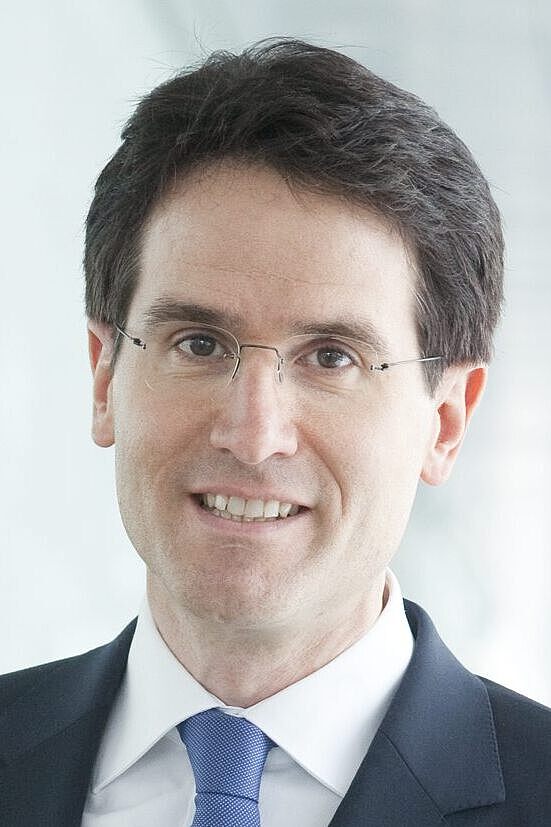
Dr. Hoffmann received his medical training at the University of Düsseldorf, Germany and Charing Cross & Westminster Medical School, London, U.K. He graduated in 1996 and trained in Otorhinolaryngology at the University of Düsseldorf, Germany. Between 1999 and 2001 he spent a two year fellowship at the Cancer Institute and Dept. of Otorhinolaryngology, University of Pittsburgh, USA. Hereafter, he continued to work at the Depart. of Otorhinolaryngology, University of Düsseldorf, where he became Assistant Professor in 2004. Between 2009 and 2013 he was appointed Associate Professor and Vice Director of the Department of Otorhinolaryngology at the University of Essen. Since 2013 he is Professor and Chairman of the Dept. of Oto-Rhino-Laryngology, Head and Neck Surgery, University of Ulm. He is trained and board certified in head and neck surgery as well as in facial plastic / reconstructive surgery, allergy and medical quality management. Dr. Hoffmann has a scientific focus on tumor immunology. He is the author of 210 publications with a h-index of 40.
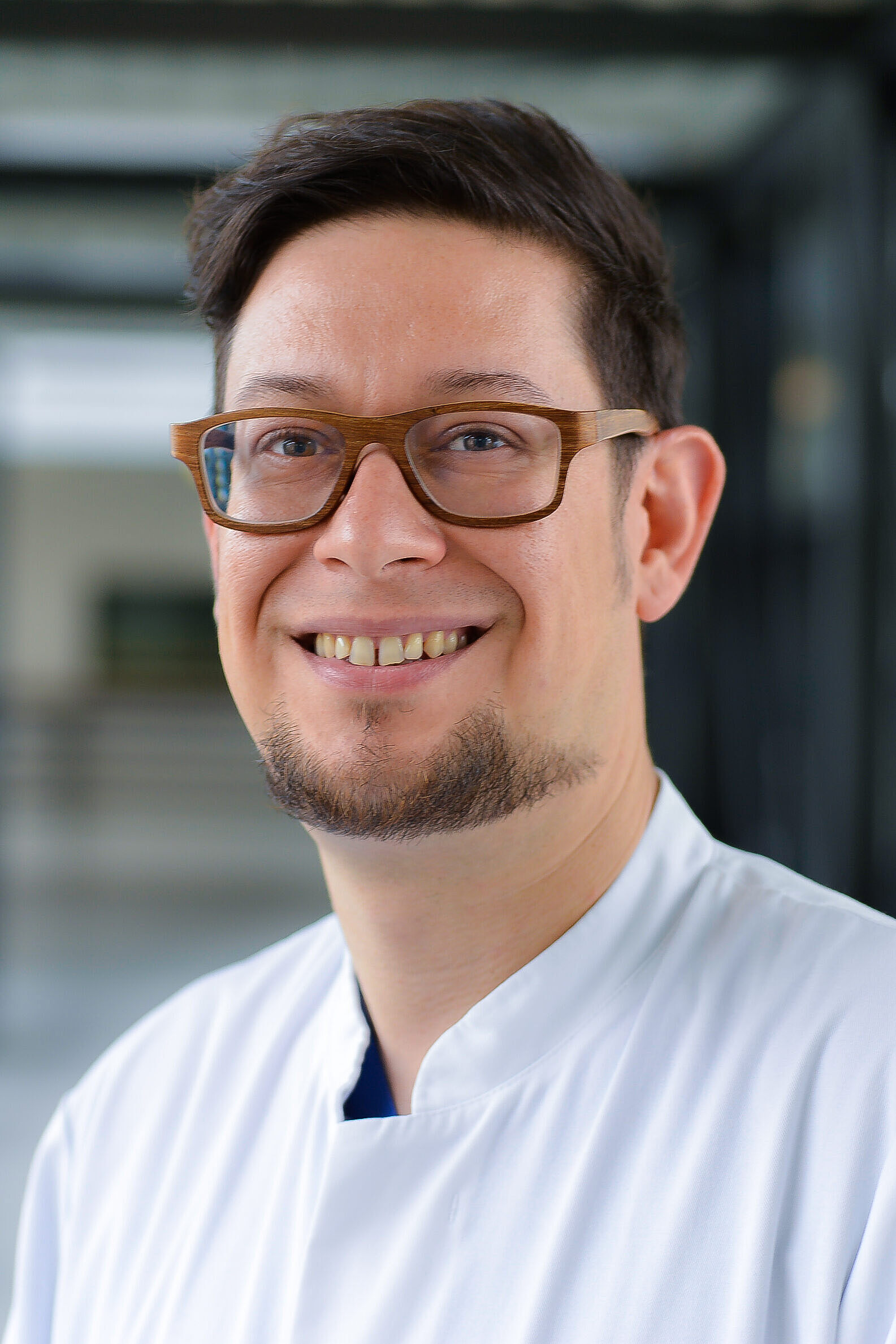
Prof. Simon Laban is a clinician scientist in the Department of Otorhinolaryngology and Head & Neck surgery. He is the leader of the research group Cancer Antigens and Immunotherapy within the head and neck cancer program. Dr. Laban follows a translational research approach, bridging laboratory research and clinical trials.
His research focuses on cancer immunology of head and neck cancer with a special interest for interactions between the immune system and conventional treatment.
Conventional treatment influences cancer-specific immunity and immunosuppression whereas the immune system influences genetic and epigenetic changes in the tumor and vice versa. Changes in the antigen repertoire based on the methylation status of the tumor may impact both, antigen specific immunity and the aggressiveness of the tumor. In this project, the functional impact of methylation signatures on the antigen repertoire and cancer-specific immunity as well as cancer cell aggressiveness will be analyzed.
The understanding of these complex interactions will be instrumentalized to develop targets for immunotherapy and strategies to integrate these into the conventional treatment of head and neck cancer.
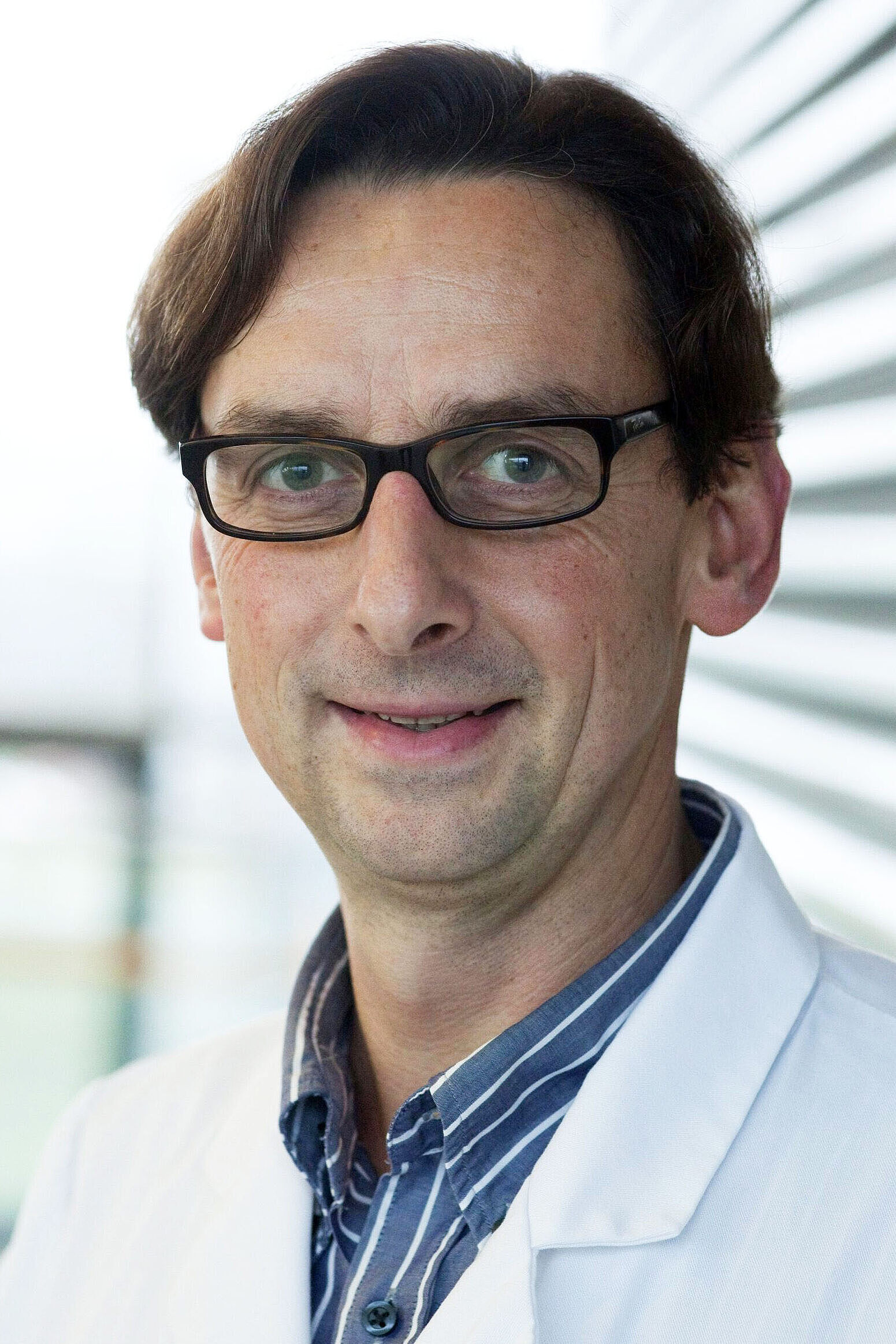
Cancer remains the most challenging medical problem world wide despite recent progress in our understanding of the disease. Our research focuses on comprehensive animal models to understand basic mechanisms of tumor initiation, tumor progression and metastasis. Pancreatic cancer is characterized by profound, genetic and epigenetic alterations in key signaling cascade and unique morphological characteristics such as defined precursor lesions and prominent changes of the extracellular matrix. In HEIST we aim to understand the contribution of stromal cells and components to murine pancreatic cancer development and progression.
The understanding of these complex interactions will be instrumentalized in the perspective to develop new targets for pancreatic cancer therapy.
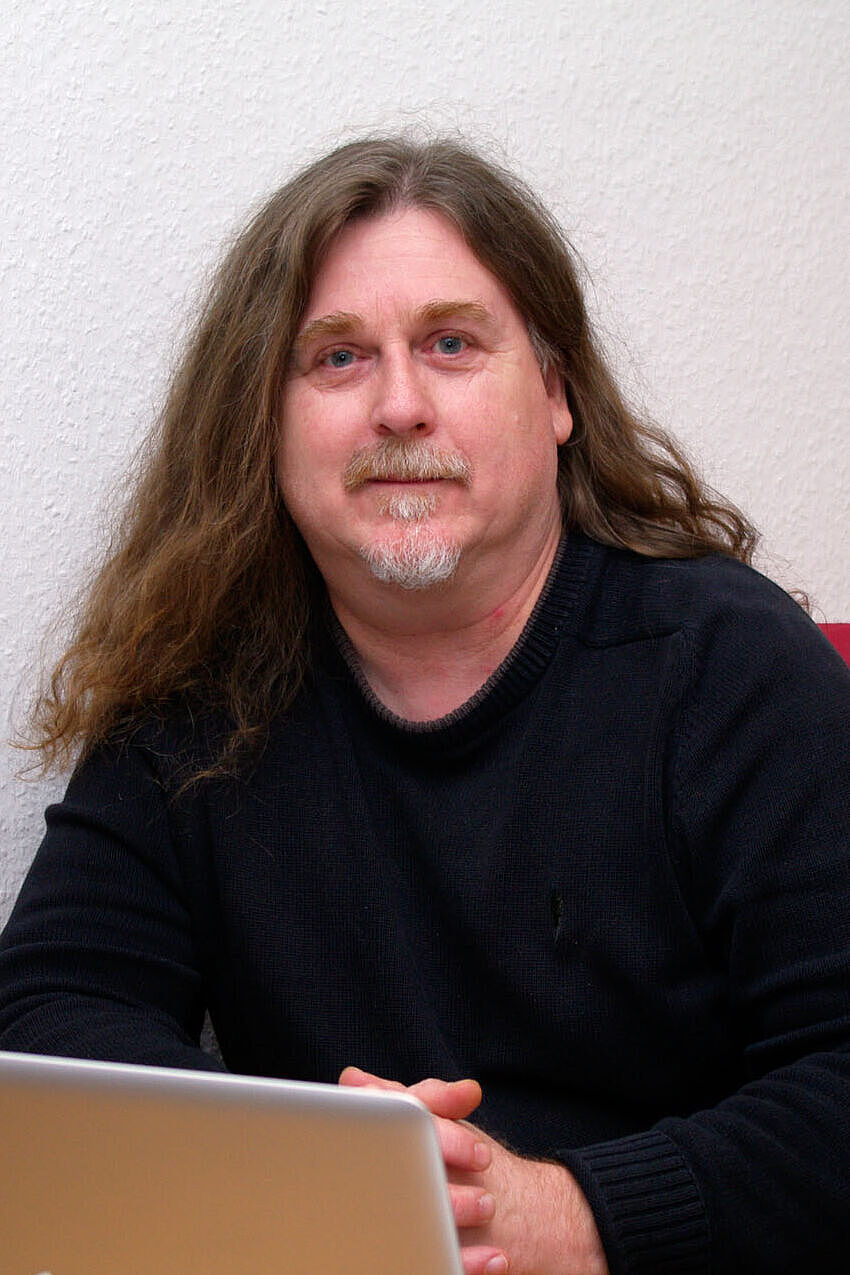
Only a very low number of highly conserved signaling pathways have evolved that are used in different body locations and processes. Amongst these, the Notch, Wnt, Hedgehog, hypoxia and TGFbeta/BMP signaling pathways play critical roles in both embryonic and adult life. When these pathways are unbalanced, they may contribute to disease development. The Notch signaling pathway represents one of these conserved key pathways. Dysregulated Notch signaling has been found in a variety of human disorders. A main topic of my research is the investigation of the molecular mechanisms of Notch dependent gene regulation. From the results of my research, I expect insights into the basic mechanisms of transcription, including concepts of epigenetic gene regulation, as well as opportunities for the development of novel therapies for treatment of human diseases showing dysregulated Notch signaling.
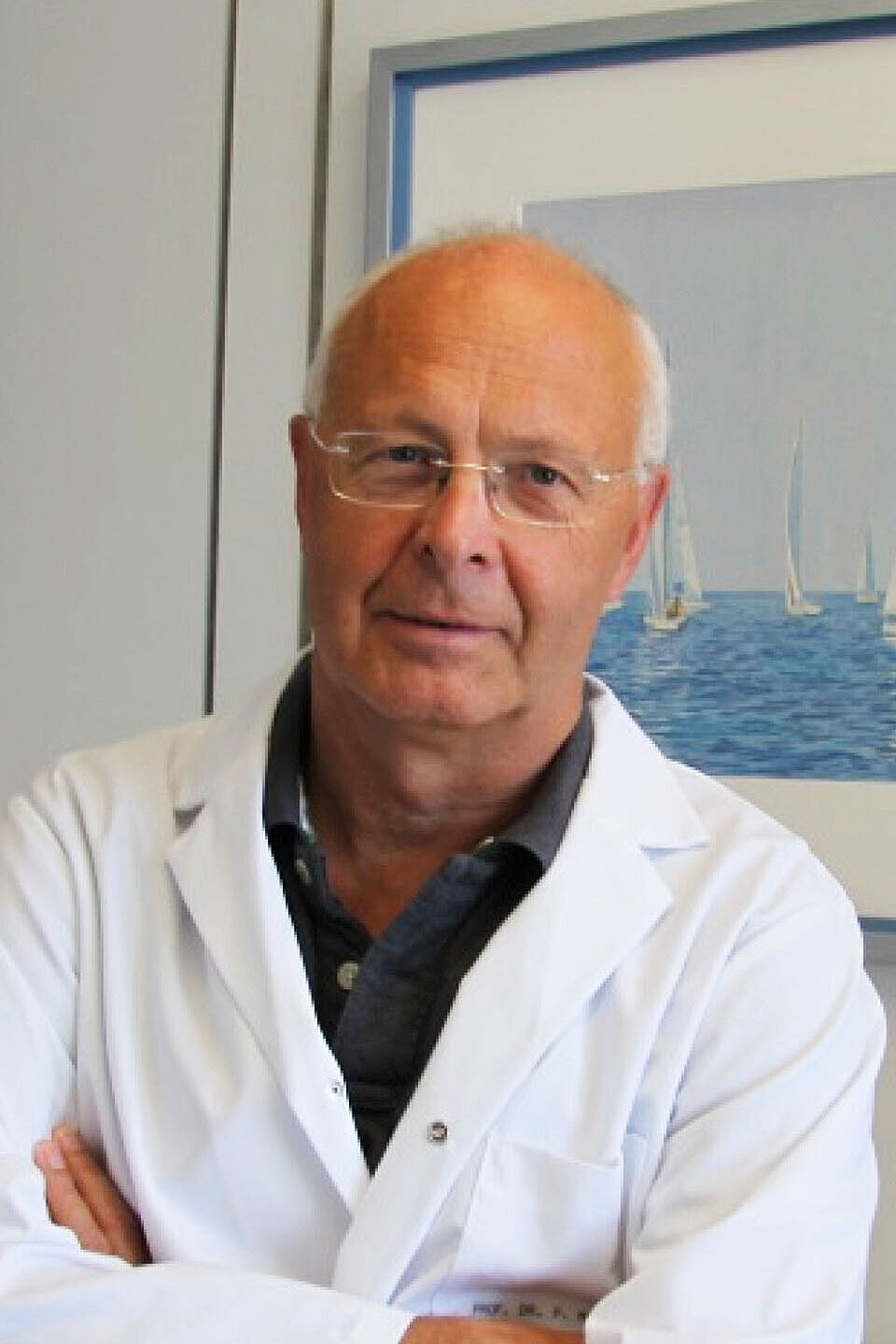
Extra nodal marginal zone B-cell lymphoma of mucosal associated lymphoid tissue (MALT) type arise in the gastrointestinal tract and gastric MALT lymphoma is assumed to develop from a polyclonal chronic gastritis in the background of a Helicobacter pylori infection. Due to additional oncogenic events, this indolent lymphoma may then progress to a diffuse large B-cell lymphoma. Objectives of our project are:
1. Identification of differently expressed genes in clonally related composite B-cell lymphomas of the gastro-intestinal tract.
2. Comparison of own generated expression profiles with online available data sets of expression data of various B-cell lymphomas and different subpopulations of B-cells.
3. Identification of genomic alteration specific for the small and large cell component of composite extranodal marginal B-cell lymphomas by whole exome sequencing.
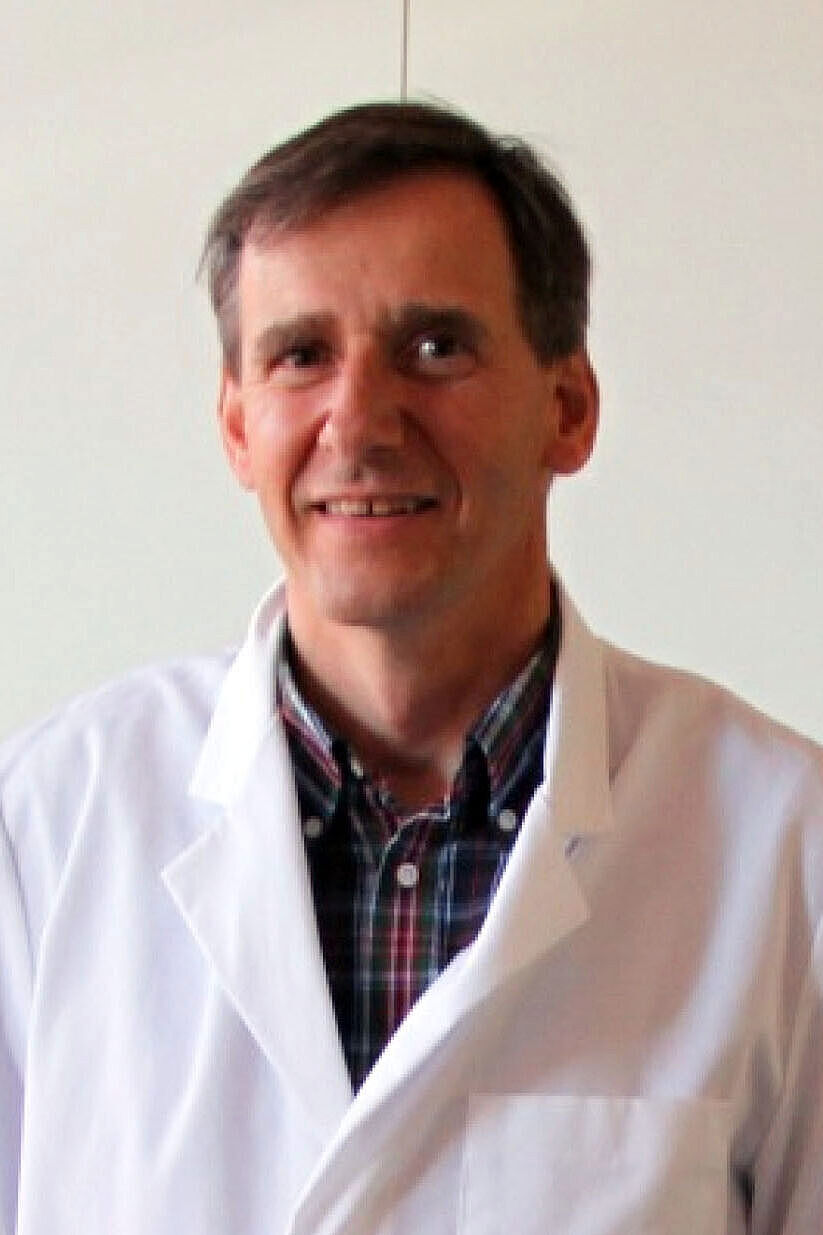
Extra nodal marginal zone B-cell lymphoma of mucosal associated lymphoid tissue (MALT) type arise in the gastrointestinal tract and gastric MALT lymphoma is assumed to develop from a polyclonal chronic gastritis in the background of a Helicobacter pylori infection. Due to additional oncogenic events, this indolent lymphoma may then progress to a diffuse large B-cell lymphoma. Objectives of our project are:
1. Identification of differently expressed genes in clonally related composite B-cell lymphomas of the gastro-intestinal tract.
2. Comparison of own generated expression profiles with online available data sets of expression data of various B-cell lymphomas and different subpopulations of B-cells.
3. Identification of genomic alteration specific for the small and large cell component of composite extranodal marginal B-cell lymphomas by whole exome sequencing.
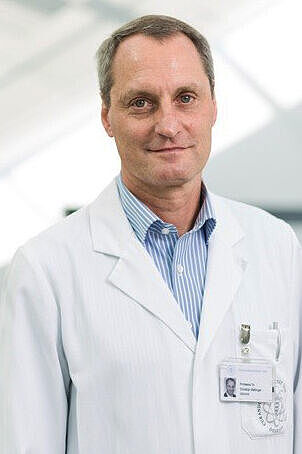
We concentrate on two research areas, the genesis of neuroblastoma - the most common extracranial solid tumour in childhood - and on experimental therapy for pediatric malingnancies.
Little is known about the mechanisms of metastasis in neuroblastoma.Similarily, the tumour-suppressive or tumour-promoting mechanisms that have to be inactivated or activated, respectively, in neuroblastoma for the important oncogene MYCN to preferentially exert its oncogenic action remain an enigma. We therefore investigate the mechanisms of metastasis in neuroblastoma and the interaction of MYCN with tumour suppressors and oncogenes in the genesis, progression and aerobic glycolysis of this tumour.
Specificity and efficiency are major obstacles in targeted tumour therapy. We develop novel approaches to overcome these hurdles. To this end, we investigate small molecules that intervene specifically in signalling pathways crucial for survival of pediatric tumours. In addition, we test oncolytic measles virus and anti-cancer gene therapies.
